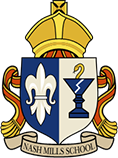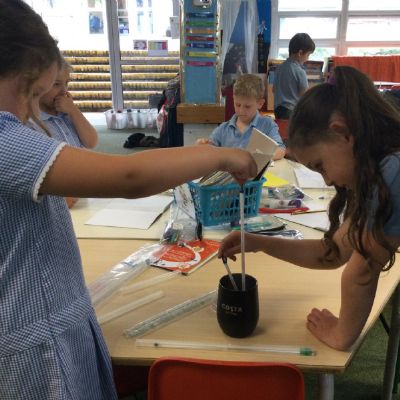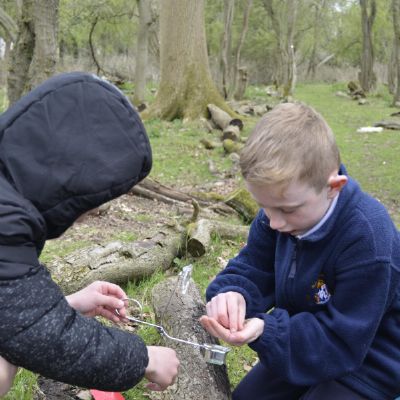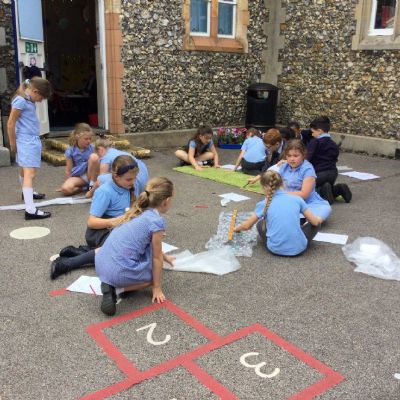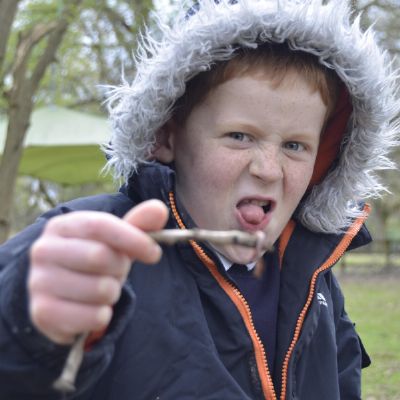Science
We are Scientists!
Led by Miss Webb
Science is a significant part of human culture and represents one of the pinnacles of human thinking capacity. It provides a laboratory of common experience for development of language, logic, and problem-solving skills in the classroom.
Intent:
Science is a key part of our curriculum teaching pupils a range of skills and experience which support wider learning and development. Through our teaching of Science all learners will have:
· Broad scientific knowledge, supported by ideas and concepts with opportunities to explore certain themes in greater depth.
· Strong scientific literacy, with the ability to access information to research and assess the validity of information they find and make informed decisions about their findings.
· The ability to then discuss and challenge these ideas.
· Knowledge of key scientists throughout history, linked to the topic being covered, and how they helped to shape our world
· Understanding of the links between Science and religion; how through greater understanding, we can better love life, one another and our world.
· A good understanding of the relevance of Science in everyday life, allowing them to make informed decisions later in life regarding their own education.
· Develop understanding of the nature, processes and methods through different types of Science enquiry that help learners to answer scientific questions about the world around them.
In science we also use knowledge organisers, which are documents sent home to share the intended learning for each topic with parents. This helps for key learning to be reinforced and for pupils to have a space to discuss ideas and address any misconceptions.
Implementation:
The National Curriculum will provide a structure and skill development for the Science curriculum being taught throughout the school, which is developed through a progression of knowledge and skills, key vocabulary and five types of enquiry:
- fair testing
- observing over time
- use of secondary sources
- pattern seeking
- identifying and classifying
Each class will have a weekly Science lesson, typically lasting for an afternoon session. In KS1 and KS2 children’s written work will be shown in their Science books. In Early years, Science is taught through the children learning about the world around them in their learning through play. Additional opportunities are provided in Science, such as Science week, our links to Abbotts Hill school, and educational visits linked to key aspects of the Science curriculum.
Science should be enquiry-based wherever possible, with topics being focused on pupils experimenting, investigating and being able to ask key questions to develop their understanding.
It is also important that pupils see themselves at scientists; each KS2 topic, and some in KS1, will have time to explore an important scientist who has had an impact on that particular area. Pupils will find out about how people become scientists and will be able to develop their own aspiration.
Impact:
The desired outcomes of the Science curriculum will ensure that pupils are well rounded and ready to embark on secondary education, with a better understating of what they are good at and will have developed skills to help face any challenges.
Assessment is continuous and evidenced through the use of our marking policy. Assessment may also be more formal such as a task at the start and end of a topic, a game, mini quizzes or a final piece of writing to demonstrate understanding.
Scientific skills as well as factual knowledge will be assessed in order to decide whether a child is working towards, at expected, or working above the expected standard. From this, teachers are then able to plan learning opportunities to support pupils in filling any gaps that they might have in their knowledge or skills to enable them to make excellent progress in the subject.
Sequencing of Content Science is planned with each topic to construct ideas progressively and ensure they have a broad and balanced science curriculum which builds on prior learning. This will be particularly useful in areas such as materials as there is potential for repetition between what is covered in Year 1 and in Year 2. Key words are listed for each topic and include the new terminology that children will need to be familiar with at each stage. |
Inclusion We strive to include all children when teaching Science. To ensure this, we aim for lessons to enable children to share their own ideas through discussion, drama and different types of recording so they have the opportunity to share their knowledge and understanding. Staff include differentiated questioning and scaffolds such as; stem sentences, models, cut and stick activities, and picture aids. |
How we add richness through discussion and cultural capital Science is taught with a focus on scientific enquiry and skills which offers pupils the chance to discuss and challenge each other on key ideas. Further opportunities to develop cultural capital within Science include school trips such as Year 1's trip to the zoo. | How this subject supports our Christian vision Children are encouraged to explore the values and opinions of Scientists and use this to discuss and ask their own questions about scientific phenomena; and analysing functions, relationships and interactions more systematically. Awe and wonder is developed through scientific enquiry. |
